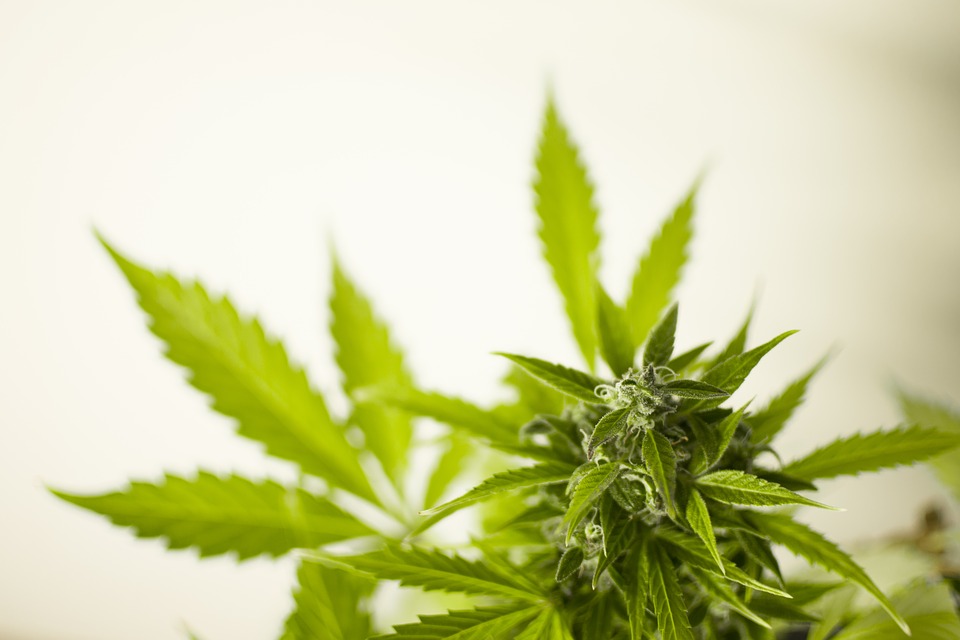Eating sugar causes opioids and dopamine to be released. Consuming sugar results in a ‘high’ which your body’s keen to replicate. However, as you continue to eat sugar your brain will adjust and release less dopamine, and the only way to repeat the ‘high’ would be to consume sugar in higher quantities and frequencies.
Favouring sugar starts early with children often rewarded for good behaviour with sweets, leading them to crave sugar as adults.
According to the experts at House Call Doctor, human bodies cannot differentiate between natural sugars found in fruit, honey and milk and processed sugar from sugar cane or beet.
Glucose is absorbed into the body from the intestines and distributed to all cells in the body. Glucose is important for the brain as it is a major fuel source for neuronal nerve cells.
On average, Australians consume 60grams of table sugar each day. High sugar consumption is linked to increasing obesity rates, weight gain, dental cavities, and type 2 diabetes.
The problems with added sugar?

Many foods have added sugar with some research suggesting that 75 percent of supermarket products contain added sugar – making it easy to consume more sugar than you realise.
Added sugars provide no nutrition but are extra calories that lead to weight gain.
It can be difficult to identify products with added sugar, as sugar can have many names. Be wary of names ending in ‘ose’, molasses, cane sugar, sweetener, syrup and juice concentrates.
Quitting sugar
Cutting out sugar from your diet can be quite challenging and going ‘cold turkey’ from a high sugar diet can led to withdrawal symptoms.
Quitting sugar can aid weight loss, could reduce acne, improve your mood and sleep and prevent the mid-afternoon slump.
Alternatives to sugar
It can be difficult to quit sugar completely as many foods, especially convenience foods, have added sugars.
If you’re looking to quit sugar, there are many sugar alternatives you can try including:
- Honey – Raw honey is rich in nutrients and is a natural sweetener, which is great to add to your cooking when you need a sugar replacement.
- Brown rice syrup–Similar to other syrups such as maple, brown rice syrup contains minerals including magnesium and zinc. With this being said, there’s a possibility it could contain some levels of arsenic, like other rice sources.
- Coconut palm sugar–As a sugar replacement, coconut palm sugar still contains fructose, carbs, calories and sugar. Though, it does have low fructose content and contains high levels of potassium and vitamin C.
- Date sugar –Date sugar is often known to be a better replacement for brown sugar than regular sugar as it still has a high fructose content and a clumpy texture. It contains no additives and is high in potassium and antioxidants.
These sugar replacements lead to the same dopamine result as normal sugars.















